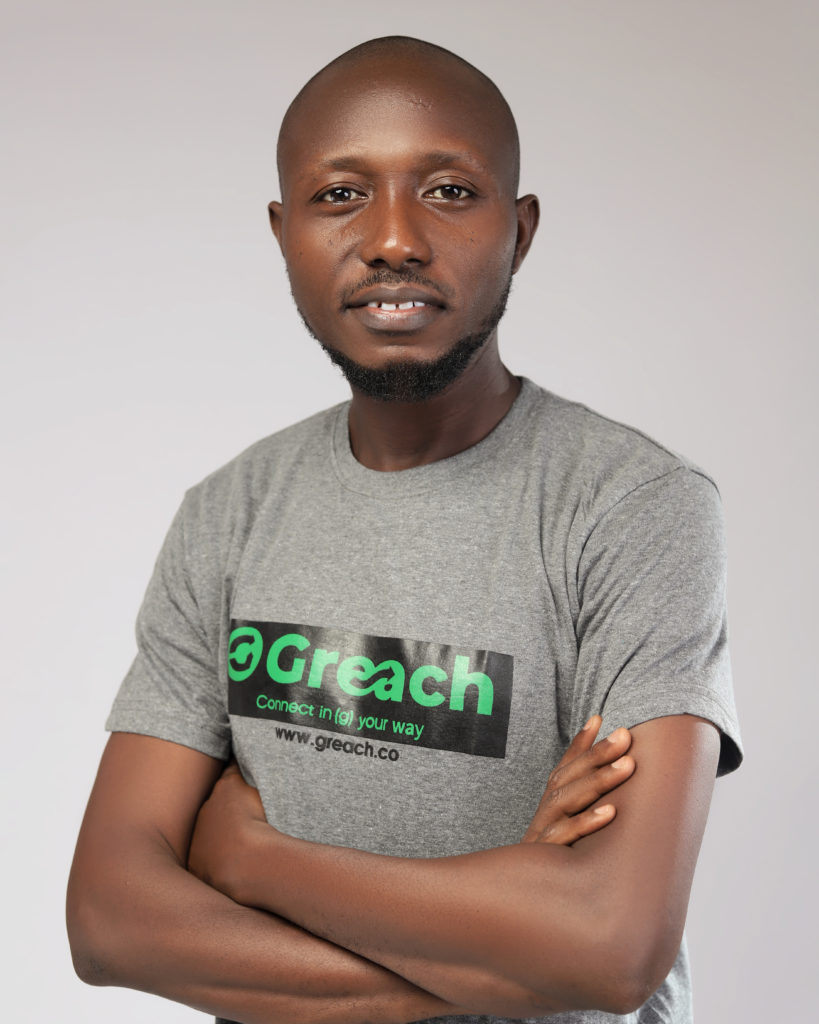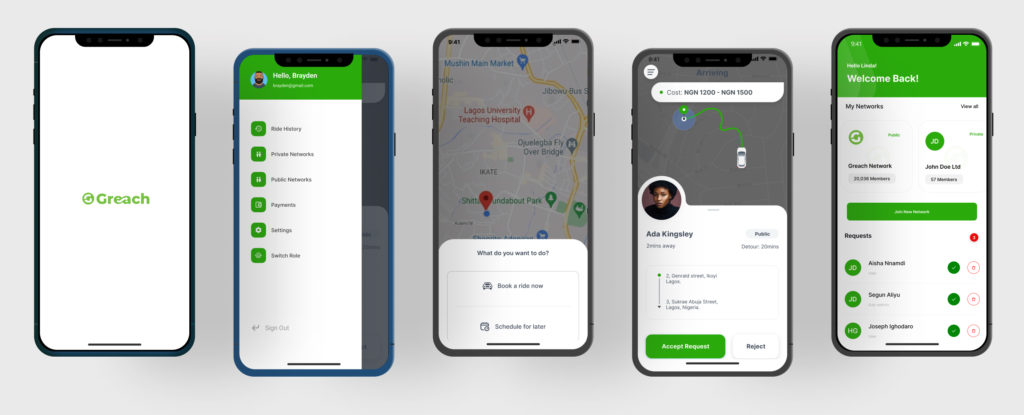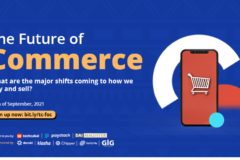
The high cost of transportation is both financial and non-financial and is a problem that affects not only individuals but also the cities they live in. It causes financial losses, environmental damage, and health concerns.
Lagos, the most populous and fastest-growing city in Africa, is not immune to these problems, with its residents spending an average of 30 hours a week in traffic, one of the highest figures in the world. That’s not all; Lagos is projected to lose $21 billion monthly by 2030 as a result of vehicular traffic. In addition, World Bank has reported that at least 30,000 people die every year from pollution in Nigeria – 30% comes from road transportation.
The rising population in cities also causes an increased demand for transportation. By 2030, Lagos, Cairo, and Kinshasa would each have a population of 20 million while Luanda, Dar es Salaam, and Johannesburg would be over 10 million. Sadly, there is insufficient or unavailable infrastructure to meet this demand in these cities. For instance, Lagos currently has about 230 vehicles per km, while the national average sits at 11 vehicles per km. So adding more vehicles is not a good option as it will lead to more traffic. However, the opportunity is that there are an average of two empty seats per vehicle on the road in urban cities.

This is where Greach comes in – the team is building the largest transportation network with empty seats in Urban Africa! Greach was developed by Jide Bello, Segun Amodu, Abimbola Fabelurin and Babatunde Ishola who together have decades of experience building apps, people and businesses in top companies such as GE, Cummins, IHS, Amazon, Microsoft, and Google. Launching first in Lagos, the founders believe Greach will address the transportation gap that working professionals face in urban Africa.
What Makes Greach Different From Other Carpooling Companies?
According to Jide Bello the CEO of Greach;
“First the team conducted extensive market research and saw that the number one hurdle to scale was the issue of security. How do we get car owners to be comfortable enough to offer seats to other riders going their way, and vice versa? So, we partnered with Smile Identity and Identitypass for biometric identification, authentication, and KYC of all users on our platform. This alongside our fail-proof verification of organizational affiliation through the corporate active directory means every rider and car owner has been successfully cleared as non-anonymous.
Secondly, we are approaching it in a way never done anywhere globally. Greach has both a public and private network. The public network is strictly for working professionals, and staff of different organizations can carpool with each other. For example, a staff of GTBank can carpool with a staff of Paystack. While for private networks, organizations or groups can have their closed network where members can carpool with each other. For example, GTBank can have a private network for their staff nationwide and they will be able to carpool with each other. It’s not restricted to professional organizations alone; estates, school alumni, or even religious organizations can open a private network and carpool.
Thirdly, our technology makes a lot of difference. We offer real-time automatic rider-car owner matching, which is something the other carpooling startups did/do not have. Also, you can choose to offer rides or request rides within different networks of your choice. To top it all, we have one single app for both the car owners and riders and not a separate driver and rider app. Since we are encouraging having less cars on the road, we want to make it easier for a car owner to decide to be a rider at any time. In addition, all transactions are cashless and done on the app, thanks to the partnership with Paystack”
How Does Greach Make Money?
The business model for the public network involves Greach taking just 15% off every ride, and the car owner taking the rest. For the private network, the platform operates a freemium model where not only do subscribers enjoy the benefits of Greach not taking 15% off their rides, but they are also able to manage their members’ wallets. They also have a dedicated dashboard to show the group’s trip details and CO2 savings which can go into their sustainability (ESG) reports.
Why Now?
“Greach is coming at such a time when commute-related crimes and the cost of transportation are at an all-time high. One in three Lagos residents has experienced one “chance”; the practice of robbers posing as commercial drivers to rob passengers. This happens even on popular ride-hailing platforms. To add to this, Fuel subsidy removal happening in June 2023 would mean a further rise in transportation and car maintenance expenses for both car owners and riders. Unfortunately, ride-hailing apps are very expensive and not so secure, while public transportation is cheap but uncomfortable and not secure.
Greach is offering the security and comfort of a private vehicle and the affordability of a public bus. Car owners are also able to make money by filling up their seats without going off their route. Greach boasts of up to 50% reduction compared to ride-hailing apps. Also, users on the platform will be able to build connections and grow networks. Who knows, you might be carpooling with your next cofounder or the recommender for your next job. Olusegun Amodu my cofounder normally describes Greach as “LinkedIn in motion”. Furthermore, at a time when the world is moving towards sustainability, Greach is positioning itself at the forefront of leading the change. Private organizations can also key in and have visibility to their CO2 savings from carpooling in their private network.” Jide explained
The CEO says although the startup has been fully bootstrapped with funds from the founding team and a few family and friends, Greach is still well on track to becoming a global mobility giant as a result of achieving their goal of removing one million cars daily from roads and saving one million tons of CO2 annually in Urban Africa.
Greach recently got accepted into the NVIDiA Inception program. They had their public beta launch in the last week of April 2023 and are welcoming users to download the app on the google play store and iOS App Store – and start saving money, saving the environment, and growing their network.



















